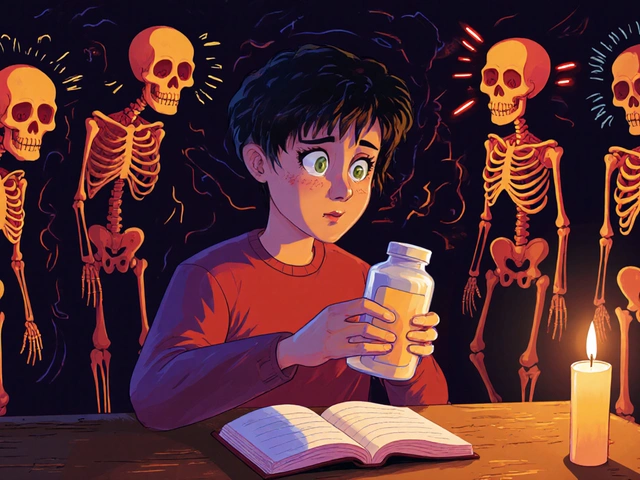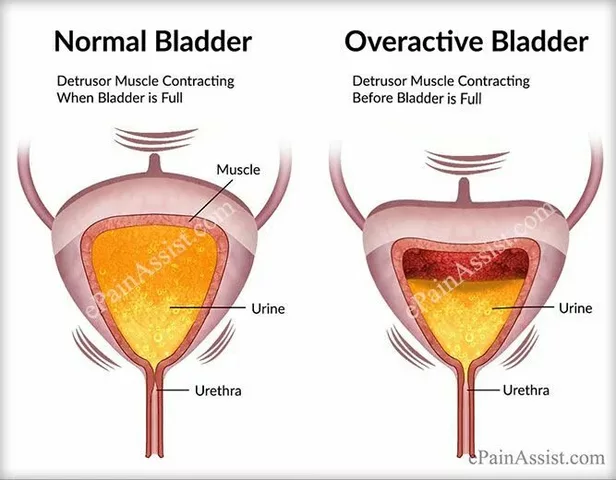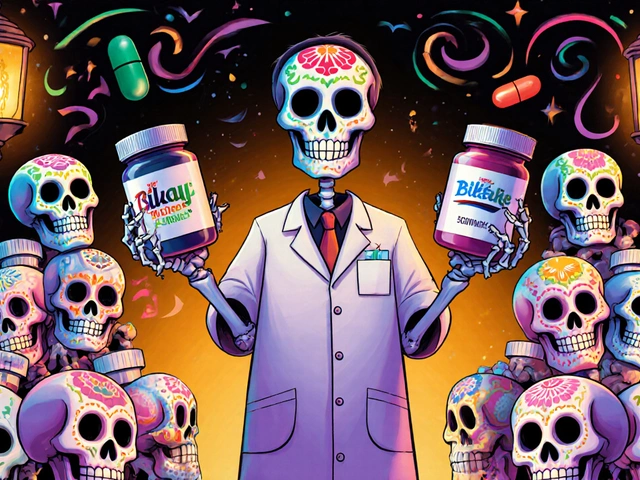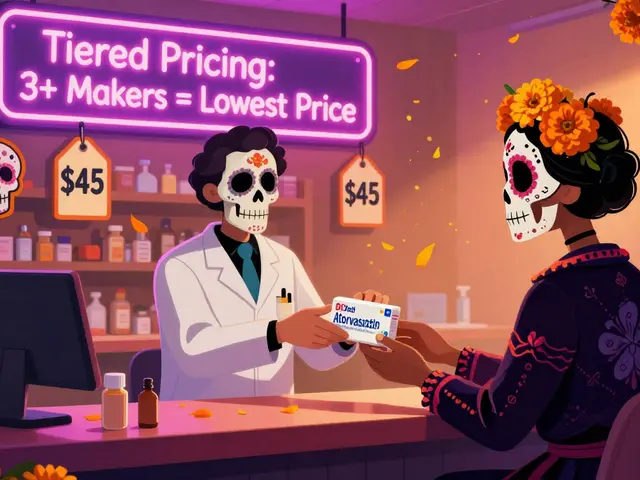Premature Ejaculation: Practical Help and Treatments
Premature ejaculation (PE) affects about one in three men at some point. That’s higher than most people think. If sex ends too quickly and it frustrates you or your partner, there are practical steps you can take right now.
First, know what counts as PE. It’s not just feeling quick sometimes. Doctors usually consider it PE when ejaculation happens within about one minute of penetration, or when you can’t delay it nearly every time and it causes distress. If that sounds like you, this page explains options and next steps.
Simple techniques to try at home
Start with behavioral strategies. The squeeze method and stop-start technique train your body to last longer. Both take practice and honest communication with your partner. Try focusing on slow breathing and gentle pelvic floor exercises. Strengthening those muscles can add control. Use condoms or thicker condoms to reduce sensitivity. A numbing spray or cream can help, but test for allergic reactions and avoid overuse.
Mindset matters. Anxiety and rushing to finish feed PE. Slow down foreplay, focus on pleasure rather than performance, and use positions that give you more control. Talk with your partner about pacing and signals to pause. Teamwork reduces pressure and makes sex more enjoyable for both of you.
Medical options and when to see a doctor
If home methods don’t help, medical treatments can work well. Certain antidepressant medications (SSRIs) are commonly prescribed off-label to delay ejaculation. These usually need a few weeks to take effect and come with possible side effects. Topical anesthetics reduce penile sensitivity and act quickly for sexual encounters. There are also prescription options that combine benefits. Always discuss risks, interactions, and dosing with a healthcare provider.
Consider therapy when anxiety, relationship issues, or past trauma play a role. Sex therapy and cognitive behavioral therapy give tools to manage performance anxiety and change habits. Many men benefit from combining therapy with medical treatment.
Lifestyle changes also matter. Reducing heavy drinking, quitting smoking, losing extra weight, and improving sleep lower anxiety and boost sexual control. Try regular pelvic floor routines: three sets of ten quick squeezes and ten slow holds daily. Keep realistic expectations: most men notice steady gains over four to eight weeks. Track sessions and mood in a simple journal to spot patterns. If you use recreational drugs, discuss stopping with a doctor. Finally, involve your partner in decisions about meds or therapy so you solve this together and avoid blame. Help is available. Ask your doctor or therapist.
When to see a professional? Book an appointment if PE causes ongoing distress, harms your relationship, or doesn’t improve after trying basic techniques for several weeks. A doctor can check for underlying causes like erectile dysfunction, hormone issues, or medical conditions, and then suggest a tailored plan.
Finally, be patient. Improvement often comes gradually. Track progress, celebrate small wins, and keep communication open with your partner. Premature ejaculation is common and treatable. You don’t have to accept it as permanent.

Tired of Priligy not living up to the hype or side effects getting in the way? There are other ways to approach premature ejaculation, and some might suit you better. This article lays out 10 solid alternatives to Priligy, from other meds like SSRIs to natural supplements and combination therapies. Each section breaks down how these options work, their upsides, and the stuff you need to watch out for. If you're stuck or looking for new solutions to this common problem, here's what you should know before making your next move.
Chris Gore Apr 18, 2025




